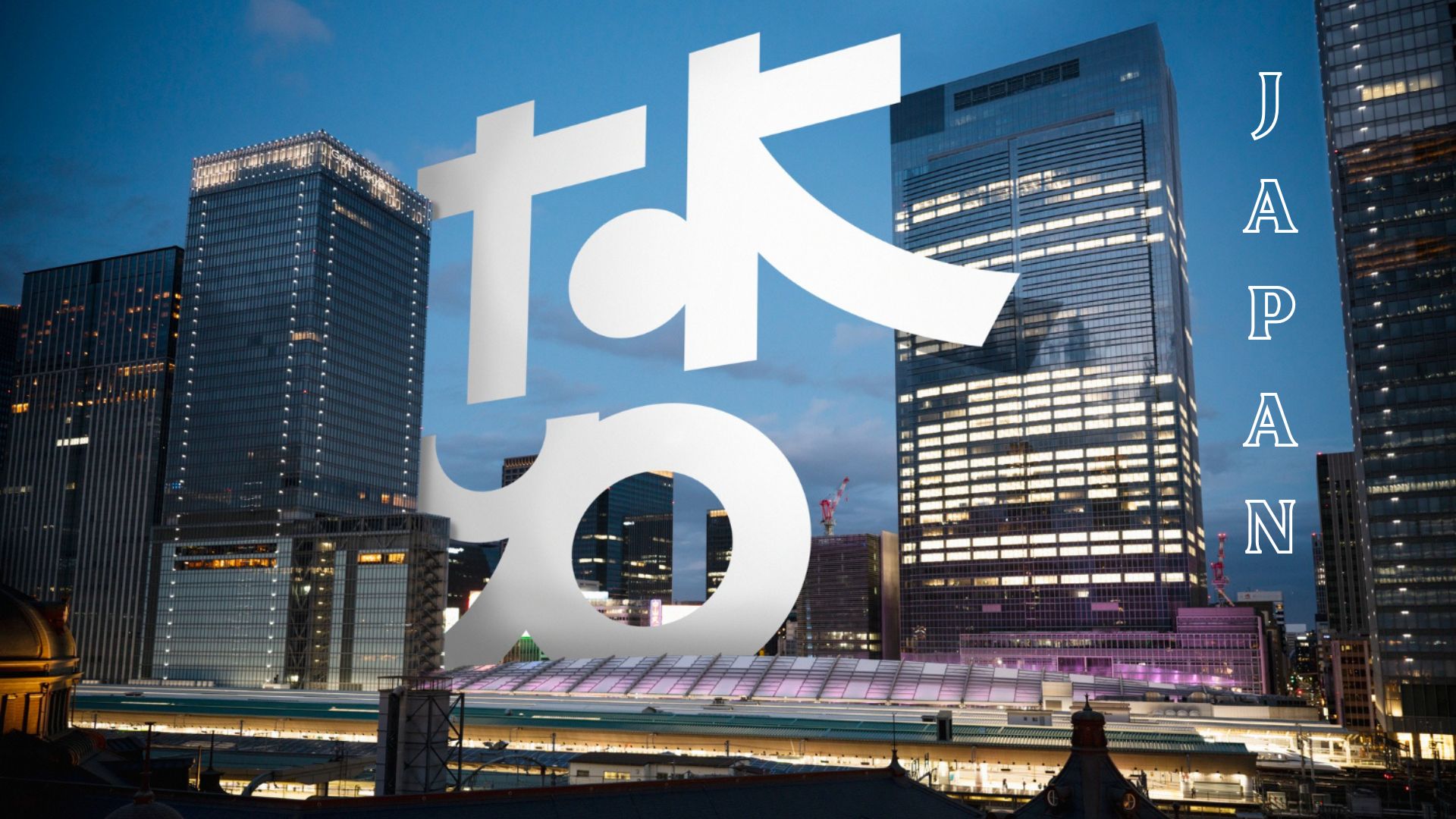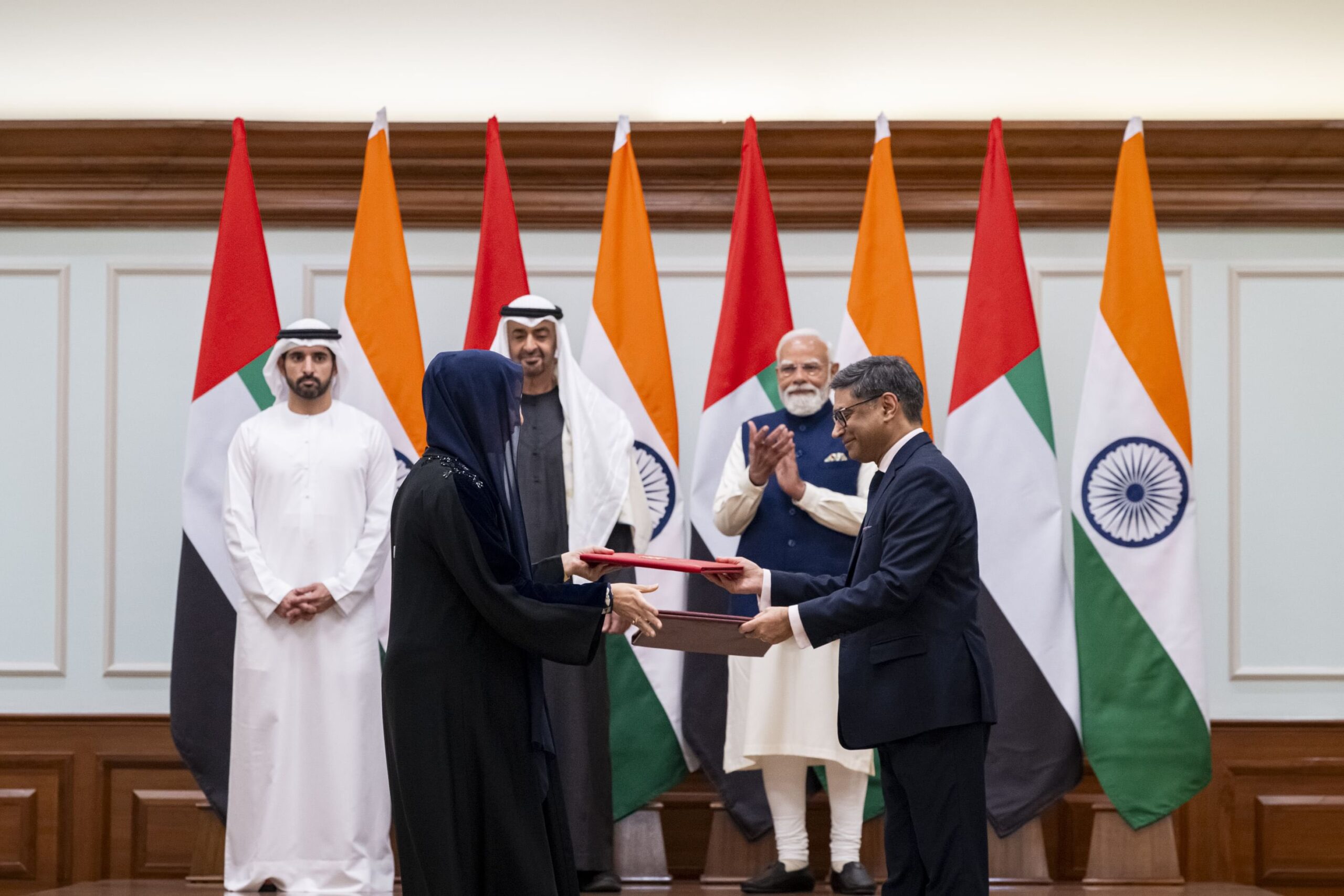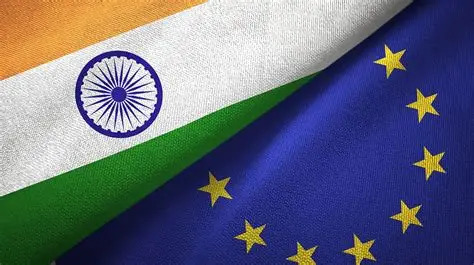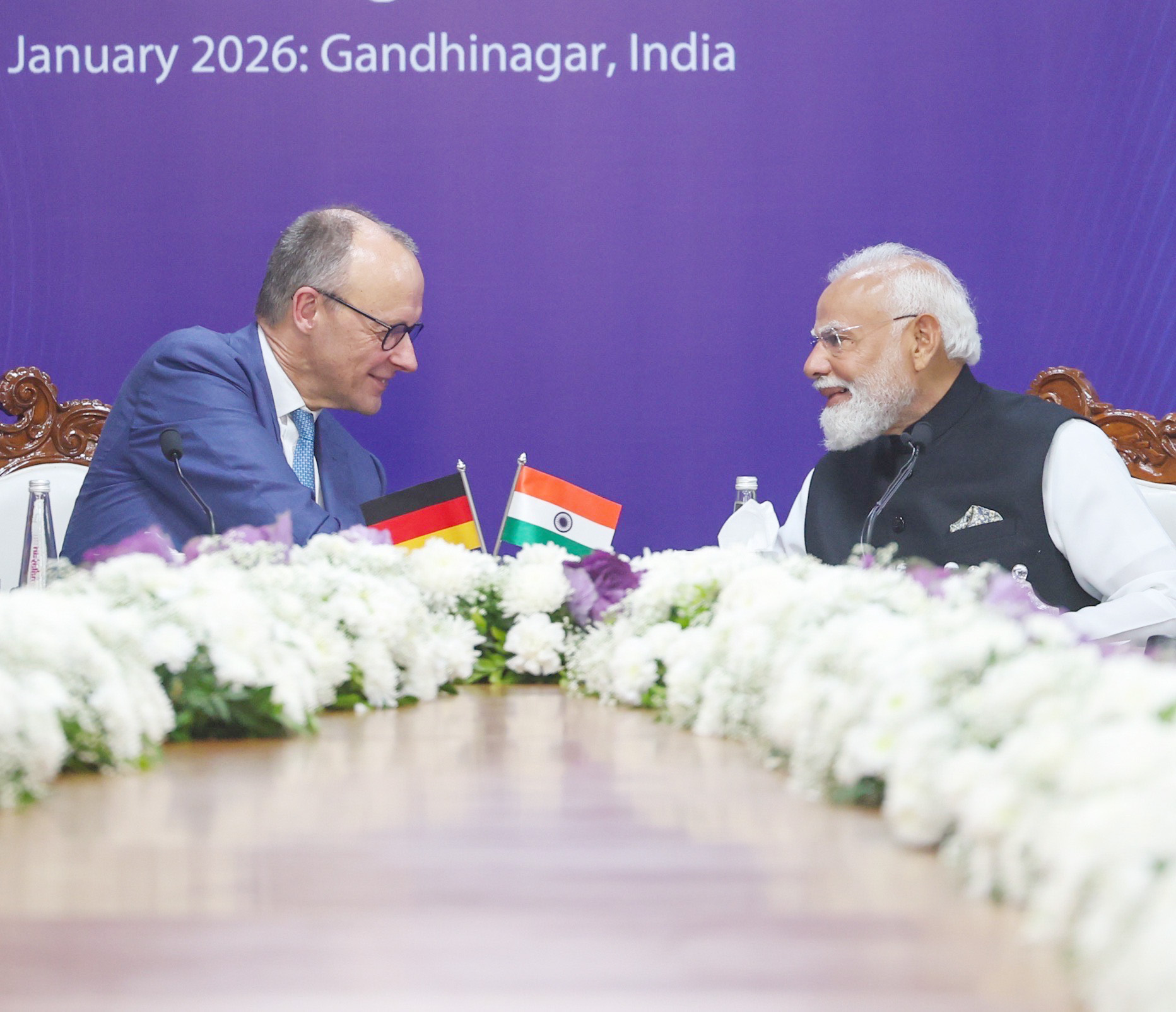A Partnership Beyond Geography: How India and Australia are Engineering a Corridor of Resilience

The India–Australia partnership has evolved from being a story of complementary strengths to one of shared strategic intent. For decades, trade between the two nations was defined by commodities -Australian coal, gold and education services on one side; Indian textiles, pharmaceuticals and machinery on the other. But in a world shaped by climate transitions, digital disruption and geopolitical realignments, the India–Australia Economic Cooperation and Trade Agreement (ECTA) is pushing both economies into a new phase, one built on resilience, skills and the power of small businesses.
A Partnership Built on Intent
The ECTA, which came into effect in late 2022, marked a turning point. It eliminated tariffs on over 85% of Australian exports to India and opened preferential access for nearly 96% of Indian exports to Australia. This wasn’t just about trade liberalization; it was a deliberate attempt to rebalance economic geography in the Indo-Pacific. With negotiations underway for the more ambitious Comprehensive Economic Cooperation Agreement (CECA), both sides are now talking about deeper integration in services, technology and sustainable industries.
For India, Australia offers much more than raw materials. It offers a gateway to high-value markets in the Pacific, access to advanced mining and clean-energy technologies and opportunities for collaboration in food security, agritech and critical minerals. For Australia, India represents both a demographic opportunity and a diversification imperative, a hedge against overdependence on traditional export partners like China.
The SME Dimension
While the headlines often focus on large-scale trade figures, the real dynamism lies beneath, among the small and medium enterprises that form the backbone of both economies. Indian SMEs are increasingly eyeing Australia for niche manufacturing, design-led exports and technology partnerships. Australian SMEs, meanwhile, are turning to India as a cost-effective innovation and supply-chain base.
Sectors like renewable energy, fintech, agri-processing, and education technology have emerged as natural bridges. Indian SMEs in solar components, energy storage and EV supply chains can plug into Australia’s clean-energy ecosystem. Conversely, Australian SMEs in food processing and agritech can collaborate with Indian partners to serve both domestic and Southeast Asian markets.
The ECTA has also eased mobility for professionals and startups, creating pathways for knowledge exchange and co-creation. This is crucial, because in the age of digital trade, the exchange of ideas often precedes the movement of goods.
Building the Corridor Beyond Trade
The India–Australia corridor is now as much about sustainability and trust as it is about economics. Critical minerals like lithium, cobalt and rare earths have become central to the bilateral dialogue. The two countries have also launched initiatives like the India–Australia Critical Minerals Investment Partnership and the Solar Partnership under the International Solar Alliance. These collaborations open new frontiers for SMEs in exploration, technology integration and component manufacturing.
Education and skilling, too, have taken centre stage. Australian universities are expanding their footprint in India under the new National Education Policy, while Indian edtech firms are finding receptive partners down under. Together, they are shaping a corridor that blends human capital with industrial ambition.
The next chapter of the India–Australia corridor will depend on how well both ecosystems empower their small enterprises to scale globally. Simplifying trade documentation, promoting digital trade platforms and fostering SME clusters in key sectors can multiply the corridor’s impact. As CECA negotiations advance, it is vital that MSME priorities including easier market access, technology partnerships and funding linkages are placed at the centre of the agenda.
Because in the long arc of economic diplomacy, it is not just the treaties that matter, it is the trust. India and Australia are building a corridor where SMEs are not peripheral participants but pivotal agents of growth.











